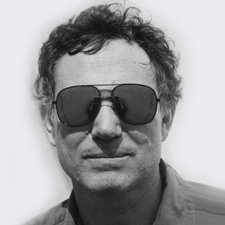Jewish Blues: Difference between revisions
From The Joe Frank Wiki
m Text replacement - "= 1978 |header" to "= 1978 |header" |
|||
| Line 10: | Line 10: | ||
|data2 = [[WBAI And NPR Playhouse]] | |data2 = [[WBAI And NPR Playhouse]] | ||
|header3 = Original Broadcast Date | |header3 = Original Broadcast Date | ||
|data4 = 1978 | |data4 = [[:Category:1978|1978]] | ||
|header5 = Cast | |header5 = Cast | ||
|data6 = [[Arthur Miller]], [[Eric Sears]], [[Tim Jerome]], Joe Frank | |data6 = [[Arthur Miller]], [[Eric Sears]], [[Tim Jerome]], Joe Frank | ||
Revision as of 11:43, 30 March 2021
| Series | |
|---|---|
| WBAI And NPR Playhouse | |
| Original Broadcast Date | |
| 1978 | |
| Cast | |
| Arthur Miller, Eric Sears, Tim Jerome, Joe Frank | |
| Format | |
| Telephone, Live, Panel Discussion 1 hour | |
| Chronology | |
| Followed by: | Laughing Back - A Movie For Radio |
"Well I visited Bellevue once, and ah, I saw him..."
Jewish Blues is a program Joe Frank produced as part of the series WBAI And NPR Playhouse. It was originally broadcast in 1978.
Synopsis
Sequence from a live WBAI call in show with a studio panel: sound effects calls, someone asks for directions, aggressive women, a texan describes star wars, the constitution. Interview with a Jewish blues guitarist, broken with scenes from his life. The origin of the blues in Jewish mythology, the unleavened 5th and 7th. The singer looks for work in night clubs. His son converts to Christianity. He tells his wife about it. He goes to a rabbi who has lost his faith. He gets a job working in a nightclub frequented by rowdy, cynical religious leaders.
Music
- "Selflessness" - John Coltrane (from Selflessness Featuring My Favorite Things, 1968) | YouTube
- The converted son clip is used in Reprise.
